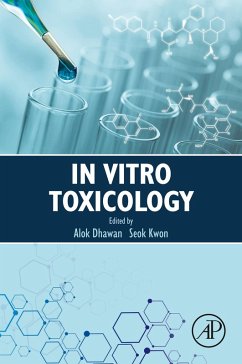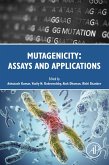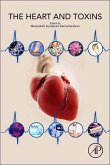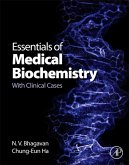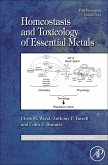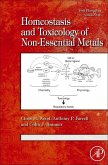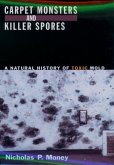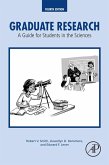Furthermore, principles involved in the general selection and use of models that address the issues of safety concerns and regulatory acceptance of these models are discussed, making the book beneficial to students, scientists, and regulators working in toxicology, as well as those in the field of chemicals and the safety assessment of novel materials.
- Discusses new techniques and protocols in a clear and concise manner
- includes examinations of nanotoxicity, genotoxicity and carcinogenicity
- Explains practical laboratory methods and the theories behind in vitro testing
Dieser Download kann aus rechtlichen Gründen nur mit Rechnungsadresse in A, B, BG, CY, CZ, D, DK, EW, E, FIN, F, GR, HR, H, IRL, I, LT, L, LR, M, NL, PL, P, R, S, SLO, SK ausgeliefert werden.

